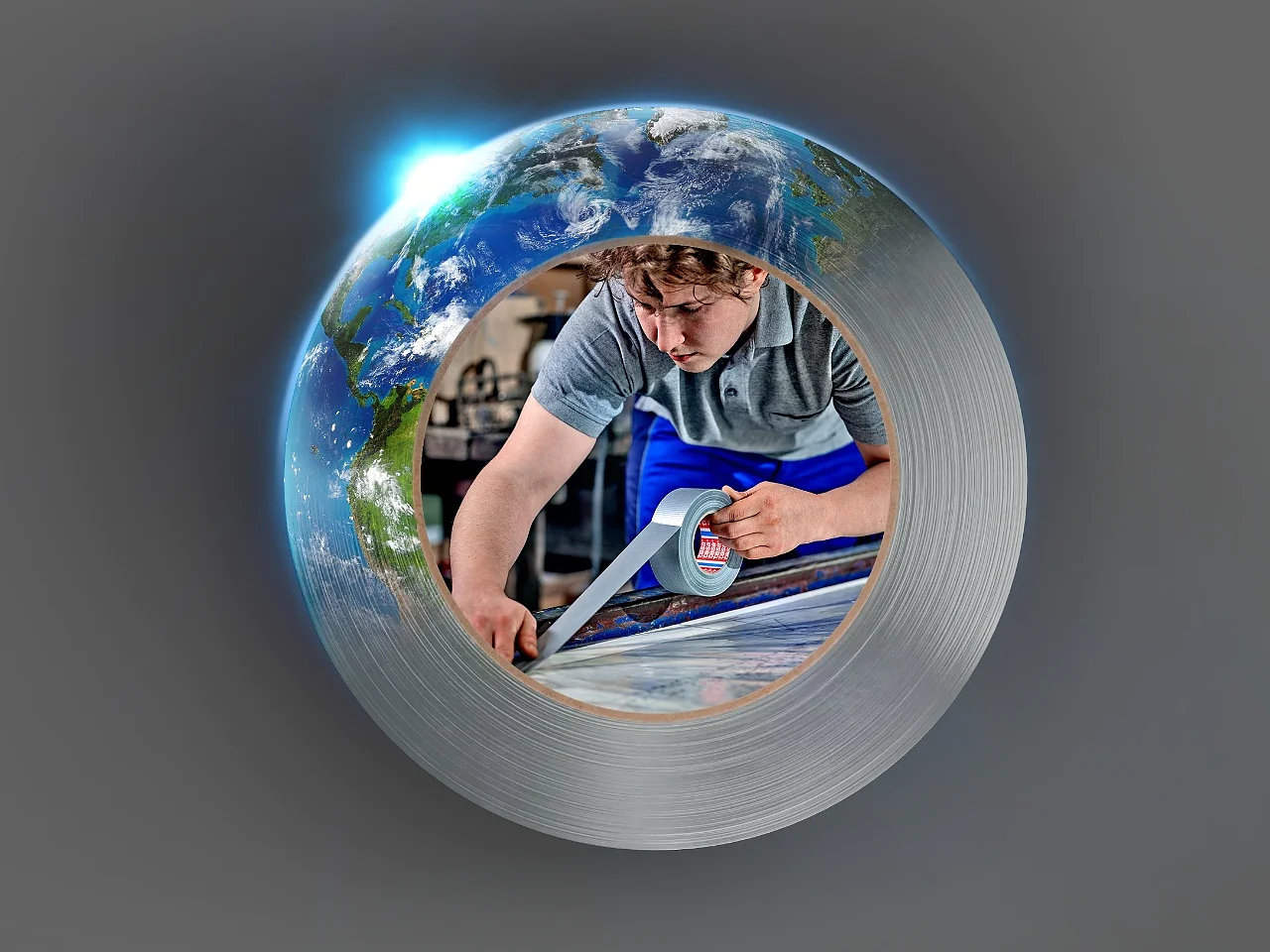Post-Consumer Recycled (PCR) material is made from waste collected after products can no longer be used – either by households or businesses.
PCR use is critical to achieving a circular economy in the plastics industry.
While it is challenging to separate the variety of dissimilar materials in post-consumer waste, recycling processes for clean and homogenic materials such as PET plastic bottles for drinks are already highly efficient.

